Soul: Doing What You Love Won't Save You
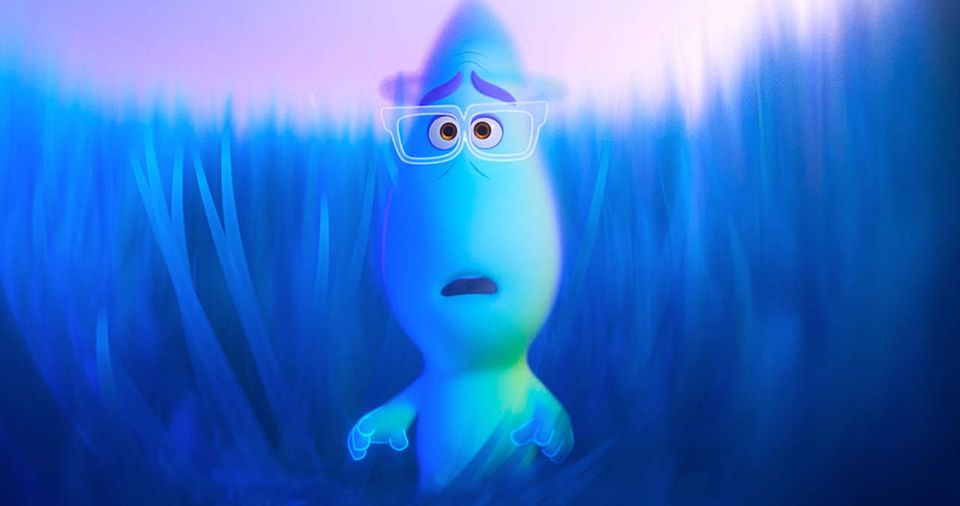
Passion in Disney's Soul
What do you dream about? When you are lying in bed awake at night; when you are sitting on the bus and staring out the window; when you are bored and alone in the middle of a pandemic, where does your mind gravitate? We all have worries and other pragmatic concerns. But beneath all the anxieties and fears, what is that longing buried deep in your soul?
We live in a culture that upholds individual passions. If you were to share that burning desire with your peers, I imagine most would encourage its pursuit. Certainly, this is the message of our commercials and billboards: Find yourself and pursue your dreams. This is where Disney's Soul begins. But as we shall see, it does not end there.
The story centers around the protagonist, Joe, whose lifelong dream is to play on the major jazz stage with the greats. He is a gifted jazz pianist, and we can't help but feel like his talents aren’t being fully realized in his position as a music teacher. This is where conventional cultural wisdom comes in. When he is offered a full-time position at the school, a financially sound decision supported by his mother, he struggles to accept it because it may keep him from being able to pursue greater opportunities. As viewers reared in North American culture, we feel likewise.
Fortunately for Joe, the opportunity of a lifetime arises for him to play piano with the famous jazz musician Dorothea Williams. We're excited. It's the cultural dream coming to fruition. But just as the fateful date approaches, he falls down a manhole and enters into a coma.
Unconscious, Joe enters into the Great Beyond. But rather than continuing on to life after death, he finds himself in the Great Before, a place where not yet born souls are being prepared for life on Earth. Here he encounters a soul who has failed to launch to Earth, 22. This young soul has never found her spark in life, and it means she has never been able to go to Earth. Yet through a series of events, the unlikely pair find themselves back on Earth, Joe in the body of a cat and his new friend 22 in Joe's original body. The narrative begins to pivot.
Up until this point, we, like Joe, are fixated on coming back to life to play jazz. After all, we are primed to pursue opportunities. We live in a world of constant change, and potential is the name of the game. Even our work reflects this trend. The sociologist Richard Sennett has pointed out how we have shifted in our rhetoric around work from stable and long accomplished careers to shifting from one place to the next, always looking to the future. Of course, we must rise from the dead to play jazz.
Living in the wake of liberalism in the West, we are also unmoored from communities and customs that have historically given us a framework for our future. I suppose there is the odd fellow who follows in his ancestor's footsteps today (I am a pediatrician, like my 2 grandfathers), but many of us go beyond these traditional borders. If we cannot return to our communities and histories to guide us, where can we look? Individual passion becomes all the more important to help us make sense of our lives. For Joe, jazz is life.
But as Joe returns to Earth, he begins to see things differently. Back in soul space, he witnessed "the zone" where souls could be entranced in their passions but could also become entirely lost to the world. This is the first blow against the passion-as-pathway-to-heaven narrative. Another comes in the iconic scene when he, as a cat, witnesses 22 talking with his barber, Dez. This cheerful barber, warm as the sunlight splashed on his barbershop floor, draws us into his story of initially wanting to be a veterinarian. But life circumstances and responsibilities redirected him to barber school. He couldn't pursue his passion. Joe and 22 assume this means Dez must be unhappy. After all, the brief survey of his own life earlier in the film showed us how pathetic his life appeared to be without a fully blossomed passion. Yet Dez surprises us. He is "happy as a clam." Passion isn't everything. In being a barber, Dez has found new ways to bring life to people — to be a listening ear. Joe is chastised. He didn't know these things about Dez before precisely because he never asked. All he cared to talk about was jazz. His passion cut him off from the world and from seeing others.
This dangerous side of passion comes to the fore when 22 realizes that she likes being in Joe's body and in the world. After the two are transported back to the Great Before, they come head to head in a conflict because 22 has gained experiences in Joe’s body, enabling her to have a badge that can bring her back to Earth. Joe, seeing that badge as his ticket to return to play on the big stage, places his passion over his friendship. The two separate, and Joe goes to the club.
And at first, even the fractured relationship seems worth it. He has an incredible performance. The experience is magical. He is in the zone. But as he steps out of the club that night, he realizes something is not right. Life, despite the realization of his deepest passions, feels somehow hollow. Lights still go off. Subways still rumble and creak. A dark, empty apartment remains. Life is the same.
There is something tremendously refreshing about this story. Our cultural “follow your passions” narratives never seem to take into account these twin realities of social cost and dissatisfaction. When we pursue our passions as individuals, we risk losing relationships along the way. In its more common forms, we move from city to city for our work, leaving behind friends and family. But like Joe, how many of us have had friendships not simply fade but be deeply harmed by our pursuits? How many families have been broken because of one member’s unrestrained ambition? Whether it be market-bred ruthlessness that sees people as obstacles or a dismissive "just one more call" excuse made to disappointed children, our passions come at a cost.
But perhaps more striking than this is the false promise that realizing a passion will necessarily give us purpose and meaning. This is what drives Joe. In a tough conversation with his mother, we see that music is “his reason for living.” If he couldn’t realize his aspirations, his life would have “amounted to nothing.” That’s deeply religious language. In that context, one might sacrifice friendships for such salvation. And while not fully advisable, it would perhaps be understandable. But to sacrifice friendships for a phantom? For a meal that tempts but never fills? It's a swindle.
The message is almost anti-Disney. In the real world, we meet more people like Dez than Joe. The burdens of daily life keep us from exploring all that we could hope for. Not all of us can pursue our passions. Just ask any parent, any person who has cared for the sick, anybody who has lived long enough to taste even the tiniest sliver of life's hardships. Yet, insofar as we adopt Joe's initial mindset, we are uneasy. We always dream because we cannot help but feel we have settled, not knowing that what awaits us is but a mirage. And yet, if we could be more like Dez — if we could see the beauty in simpler things, in relationships and loving our neighbours, might that be a surer path to the good life?
This is the movie's conclusion. Joe begins to see that one's spark, one's passion, is not the same as one's purpose. Life is more than what we pursue. His disillusionment is what opens his eyes. The veil of passion-driven happiness is lifted, and now alone and sober, he can remember the wonders of pizza, teaching, the autumn sun, and family and friends. The camera pans out to New York City and then to our planet in outer space. Take a deep breath. That's real life.
And yet. Once more, the solution does not satisfy.
Just as this movie shows, there is a growing realization in our world that pursuing passions is not a panacea. Real life is hard. Passions do not pan out. And so we have seen a rise in a kind of stoicism that says we must turn away from desires and consider ourselves more rationally. We turn to mindfulness, to pausing in the middle of the day to pay attention to our body's sensations and the experiences of our environments in a moment. There is genuine insight in such an approach. But we must not overlook what we are doing. We are writing a new narrative for how to be satisfied. Will it work?
The sad truth is that in Disney's Soul, we are witnessing a reaction. Despite all of Disney’s grand cinematics and rosey colour palette, the story is one of resignation. Dissatisfied with pursuing a passion, the prescription is to look elsewhere. And like most reactions, there is something that addresses a previous overemphasis. But what, then, is the place of our desires? Shall we not pursue any at all? Do they really never satisfy?
We need nuance in our passions. When they become overwhelming, they lead to a kind of worship. That worship points to an ultimate thing, of finding all my purpose in a single something. But living in our imperfect world, there is nothing in all creation that can give us that kind of significance. When our passions are intended to save us, they will inevitably fail. But the solution is not then to ignore our passions. The answer is to fit our passions under another overarching narrative that can bear the weight of our deepest desires. The artwork cannot stand alone; it needs a frame.
But the artwork still has a place. For anyone who has ever longed for something, we know that to simply rid ourselves of it is an impossibility. Even if we could suppress our passion, it would crop up elsewhere. This is what it means to be human and desiring creatures. So what is that overarching narrative?
To go there is to go beyond what Disney offers us. But as I have always believed, Disney gives us hints. It reminds us of the goodness of our imaginations precisely because that faculty takes us beyond the four walls of our universe. Pre-born souls and the Great Beyond make us wonder about another world, perhaps better than our own. It's the kind of delight evoked by Narnia, The Shire, and Hogwarts. I believe there is a narrative out there that comes from such a place. Children often see it most clearly (yet another reason I'm a pediatrician), not on account of knowledge but because, in the frank words of E.B. White's Dr. Dorian, "Children pay better attention than grownups."
This is why I still love Disney despite its flaws. The stories brush up against a hidden reality. I know my imagination beckons, and a deep whisper in my soul tells me something in our desires is unshakeably true. There's a story from another world out there, where passion doesn't destroy our relationships, and our longings and happiness can be wed as one. There's a hope that's idealistic, but there's also a hope that intuits something we cannot properly appreciate with our five senses. We may not see it clearly yet, but certainly, Soul can help us hope for more.
More Disney Reflections in Common Culture
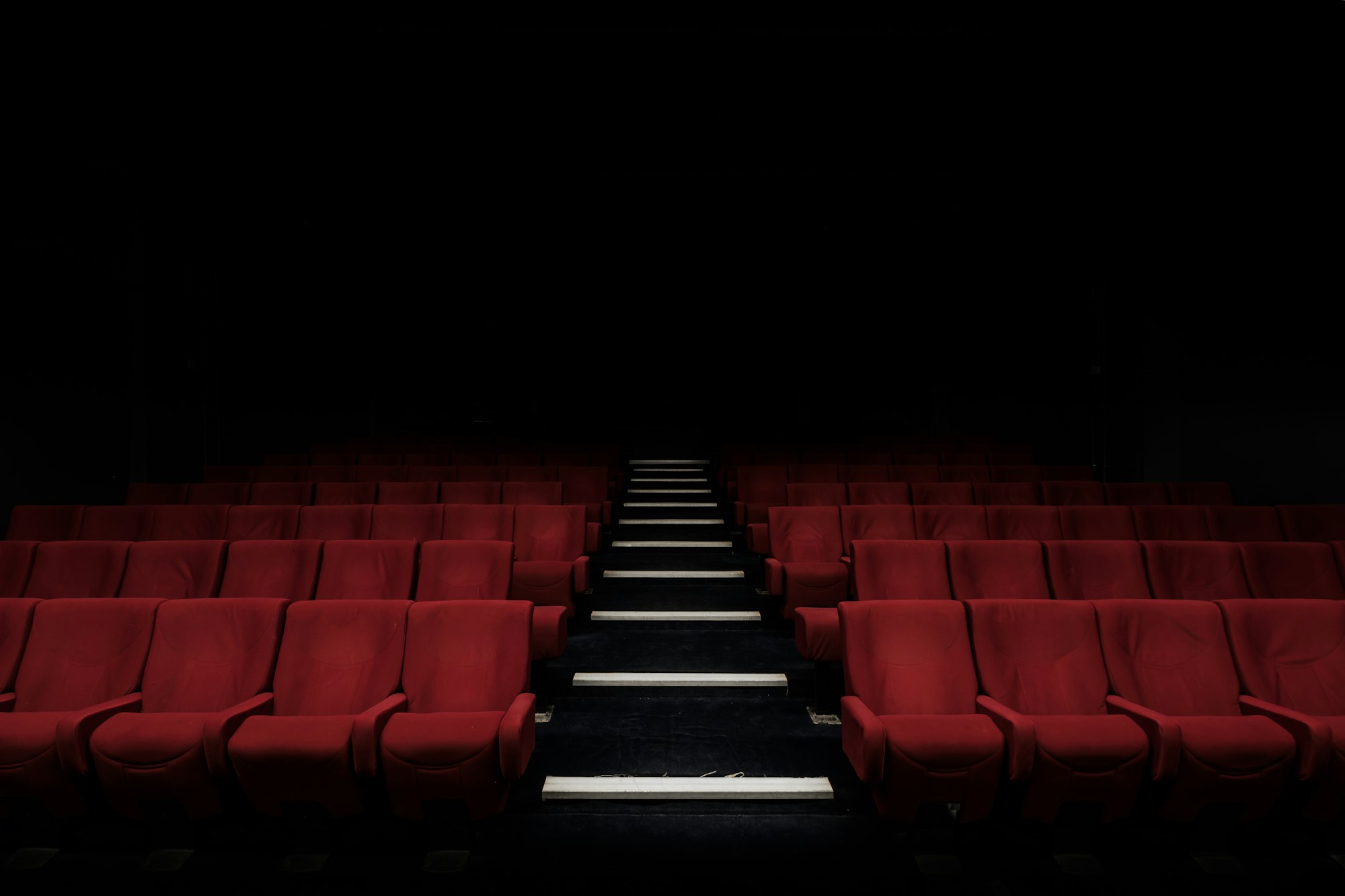

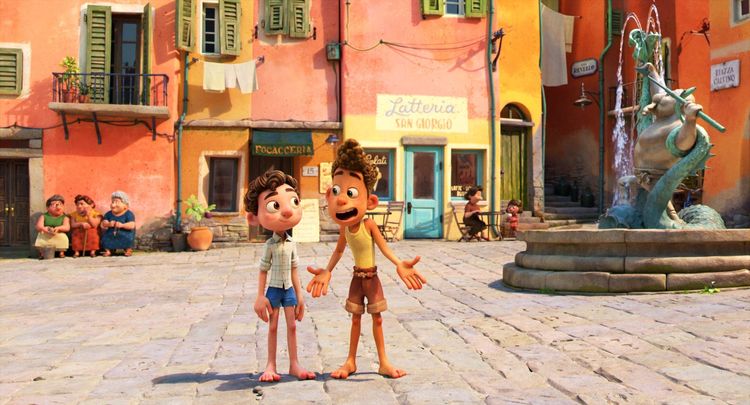
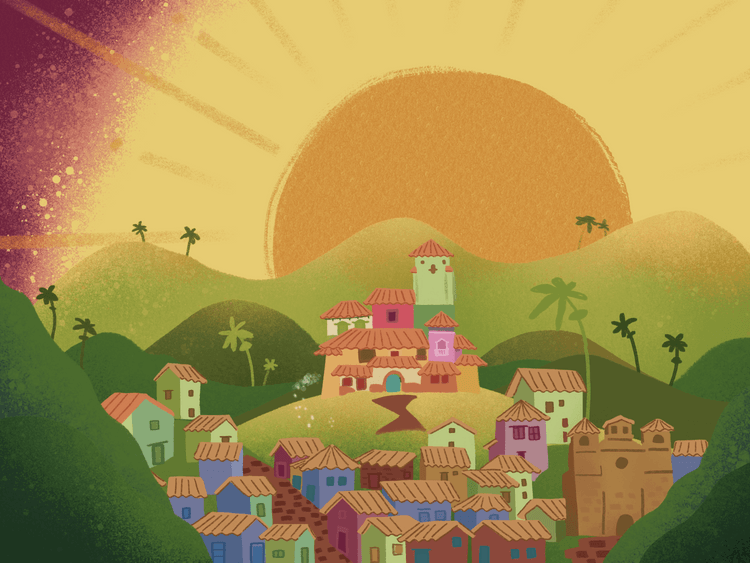

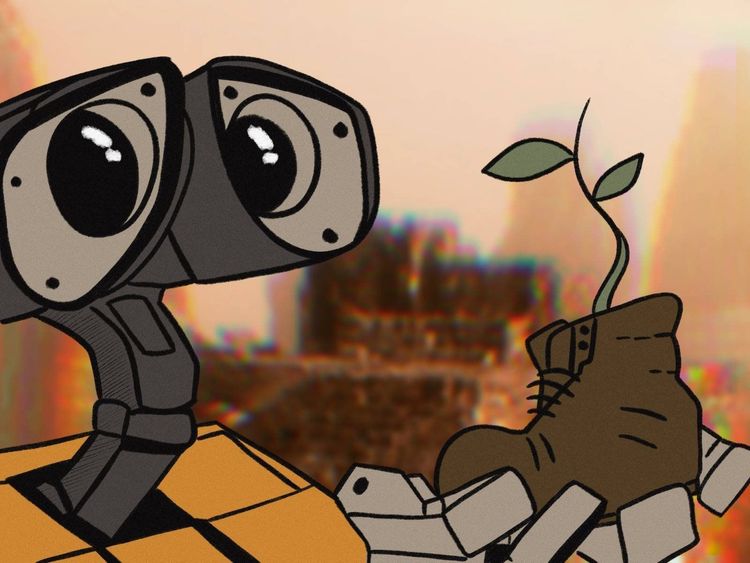
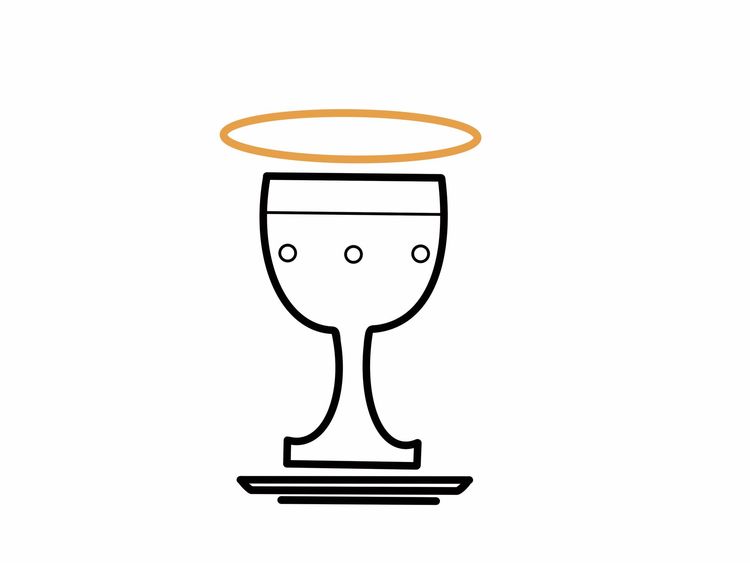
Member discussion